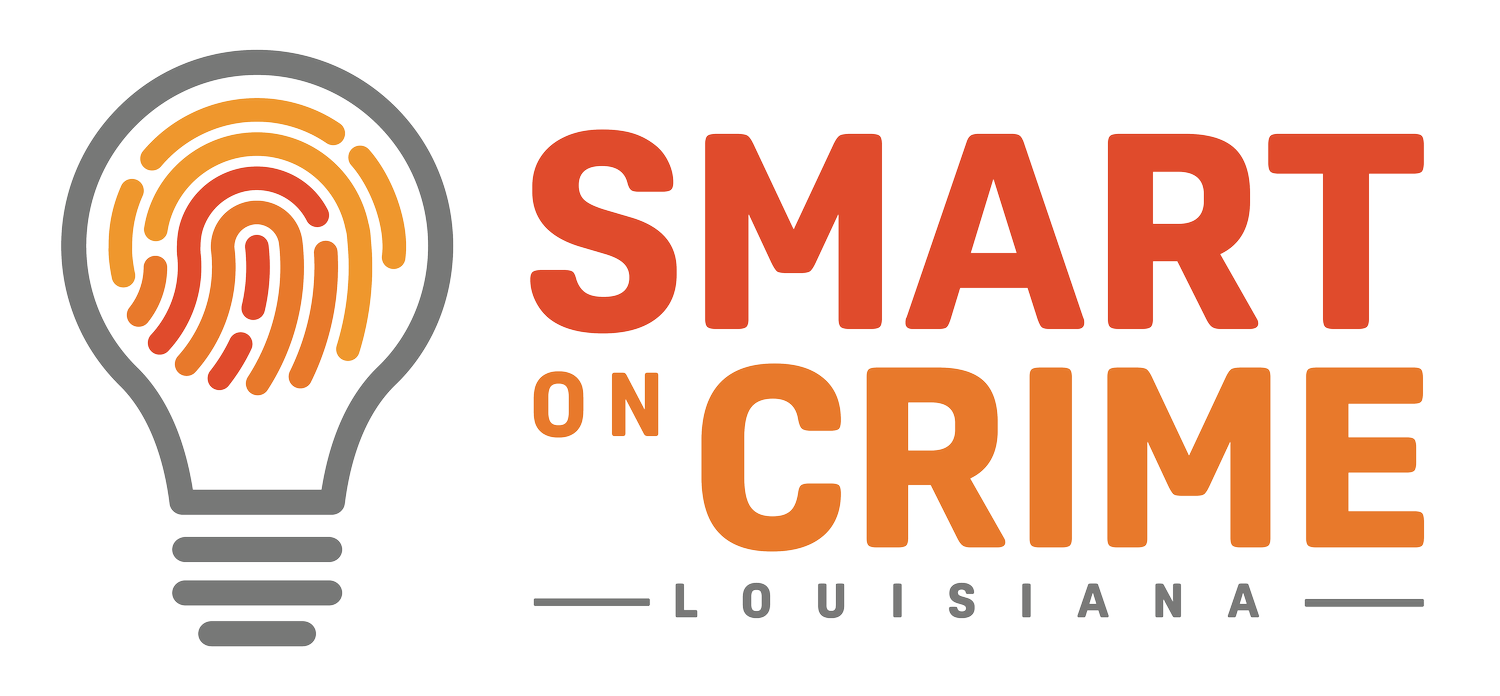Louisiana Driver’s License Suspensions Hurt The Poor Without Improving Safety
Originally appeared in Raheem Williams, Director of the Kane Center for Opportunity Policy
The suspension of a person’s driver’s license should be a consequence of poor driving that threatens the safety of the driver or other people, not a punitive tool for non-traffic infractions. Driver’s license suspensions used to enforce non-traffic infractions are often counterintuitive due to the likelihood of negative employment effects from transportation restrictions. To pay taxes, fees, and fines, people generally need an income, and transportation is key to maintaining a job. Likewise, non-driving-related suspensions complicate basic daily tasks like seeking health care treatment or the ability of parents to transport their kids to school.
Research shows that driver’s license suspensions unrelated to traffic infractions tend to disproportionately hurt the poor. This is because many non-traffic suspensions are tied to a failure to pay debt obligations, which people are then unable to pay because their job prospects become limited without transportation. For example, two industries that are booming in our post-pandemic economy are food and package delivery services, but with a suspended license, a person would be locked out of both types of jobs. It’s not only delivery-related jobs that are impacted, individuals risk losing their employment or being arrested because of the suspension.
Louisiana leads the South with 78 driver’s license suspension laws for both driving (51) and non-driving (27) related infractions. By comparison, second-place Tennessee only has 56 total laws that can result in suspension and only 20 that are unrelated to driving. Currently, Louisiana’s Office of Motor Vehicles (OMV) has over 100,000 suspended driver’s licenses for infractions unrelated to driving.
There are three non-driving infractions that account for many of the suspensions in Louisiana. These are failure to appear in court, failure to pay taxes, and failure to pay child support. Many states have begun to roll back non-driving-related suspensions. For example, twelve states have enacted reforms that get rid of the suspension of licenses for failure to appear in court. But when it comes to failure to pay child support, the provision cannot be fully removed.
Failure to pay child support accounts for over 4,000 suspended licenses in Louisiana. This provision cannot be removed because the federal government requires it for the Temporary Assistance for Needy Families (TANF) program. However, adding language that would mandate the Department of Children & Family Services (DCFS) to use driver’s license suspensions as a last resort would ensure other enforcement measures are used that would not hurt a person’s ability to earn a living. Also, it has not been verified how effective license suspension is as an enforcement measure when it comes to getting someone to pay child support. Seventeen states have enacted legislation to make driver’s license suspensions a last resort for failure to pay child support.
The restriction of mobility inherently erodes the ability to provide for one’s self and meet mandated financial obligations. Louisiana should look to reform how driver’s license suspension is used as a punitive measure for non-driving-related infractions. It makes little to no sense to cut off people’s ability to find work for debt-related and other non-driving infractions. There are many other ways to enforce compliance, but hurting people’s opportunity to earn a living should always be a last resort.
